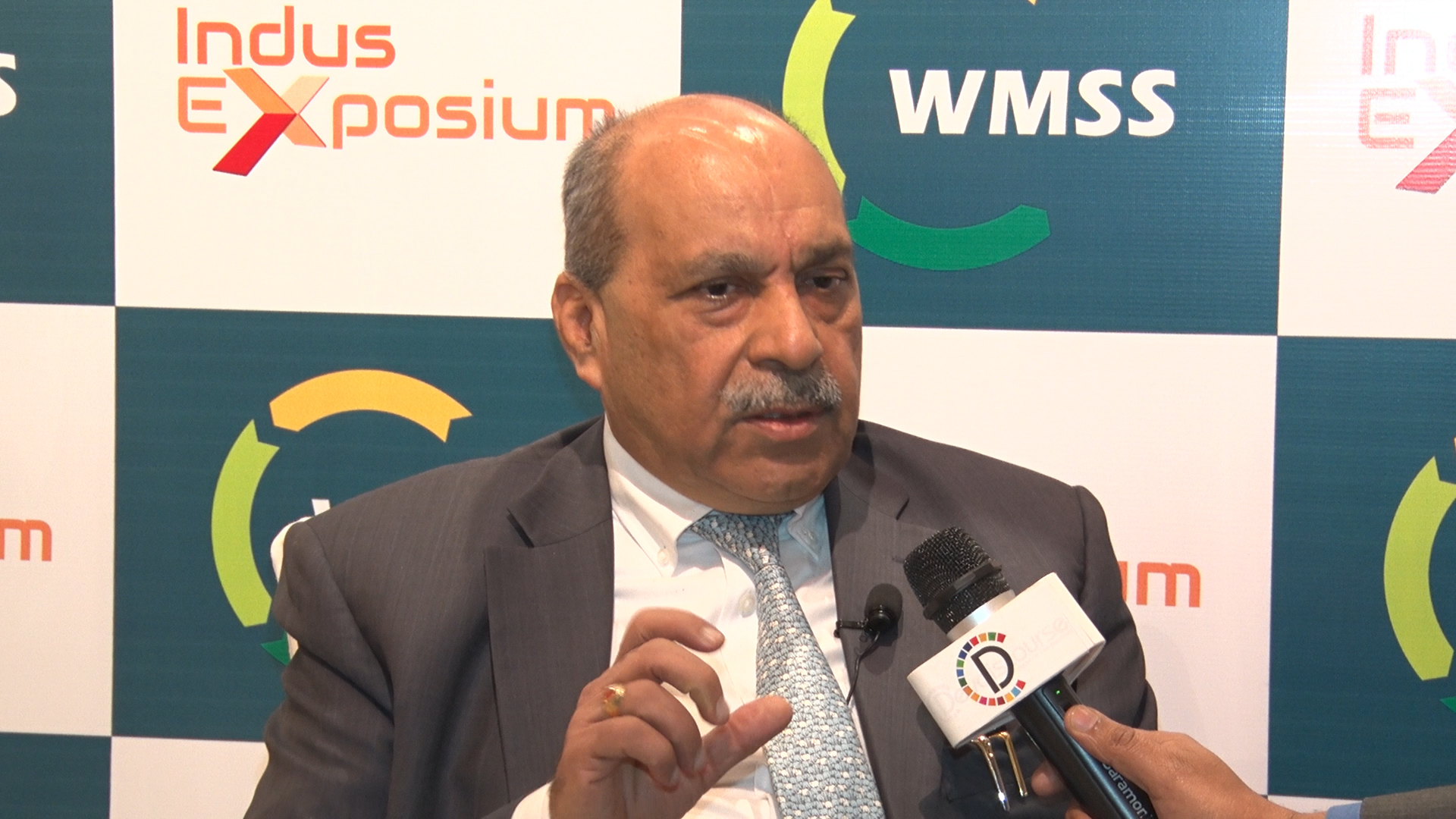If rules enforced, India would process 70 percent of e-Waste: Dr. Ashok Kumar
Kumar also informed that his company has launched an initiative ‘e-waste clinic’ and deployed a bus for the door to door collection of e-waste in Bhopal. Read the full interview:

- Country:
- India
India is running against time for the huge amount of e-waste management the country is generating due to the high consumption of electronic items. The next 3 -4 years are very crucial for the management of e-waste in India that is likely to double by 2025.
These views were expressed by Dr. Ashok Kumar, Vice-Chairperson, Greenscape Eco Management Pvt. Ltd., while expressing his views on ‘Sustainable E-Waste Management – Current trends and Advancements’ in the Waste Management Series of Summits (WMSS) 2020 organized in New Delhi on 30th and 31st January 2020.
“Three years back, India’s organized sector had a capacity of recycling 21 percent of e-waste but now it has reached 30 percent. The government had enacted a couple of laws to facilitate the scientific recycling of e-waste by the organized sector. If the rules are implemented properly, the organized sector would be able to process 70 percent of hazardous e-waste,” said Dr. Ashok Kumar. See the full interview:
He highlighted that the unscientific, manual and crude process followed by scrape dealers to extract precious metals from electronic gadgets such as mobiles, laptops, computers, sound devices, etc. is causes massive pollution into the soil, rivers and the underground water. The scrape dealers use cyanide processing to extract gold and other precious metals which is a highly toxic substance. This sludge is diluted and released into the rivers which cause huge devastation to flora and fauna,” he added. He also informed that his company is presently processing 40,000 Metric Tonnes of e-waste and India has a capacity of processing 700,000 million tonnes of e-waste against 2 million tonnes of e-waste generated in the country. According to a study by ASSOCHAM, the e-waste is increasing in India with a CAGR (Compound Annual Growth Rate) of 30 percent. He also highlighted the role of the National Green Tribunal (NGT) in facilitating the scientific disposal of e-waste in India.
- FIRST PUBLISHED IN:
- Devdiscourse

 Devdiscourse News Desk
Devdiscourse News Desk









